-13
Special Features - 2019
Sub Title
Discover the initiatives that make this an outstanding year
With these words, André Hoffmann MBA’90D outlined the direction of the newest INSEAD institute at the October 2018 inauguration of the Hoffmann Global Institute for Business and Society. The Hoffmann Institute was established to take INSEAD’s social impact to the next level and equip leaders to make decisions in ways that deliver positive outcomes for business, people and our planet. Under the guidance of Executive Director Katell Le Goulven, the Institute focused early efforts on convening a conversation about how business can be a force for good.
From the World Economic Forum in Davos to the INSEAD Alumni Forum, in its first year the Institute heard the need to align the school with the globally agreed UN Sustainable Development Goals, or SDGs. Here are some highlights from the first year.
At the one year mark, The Hoffmann Institute built a strong portfolio across all four pillars of work – learning, knowledge, engagement and walking the talk at INSEAD.
Building on the 2017 launch of a new MBA curriculum focused on business and society, the Institute strengthened sustainability in core MBA classes and electives.
As a partner for Master Strategist Day (MSD), part of the Strategy coursework, the Institute supported collaboration with Unjani Clinics, a not-for-profit company in South Africa that empowers nurses to deliver healthcare in underserved communities.

This was the first time MSD considered non-profit strategy, with teams competing to see who can deliver the best strategy to scale up services to 1,000 clinics with a sustainable funding model.
The Institute supported students with a unique opportunity to travel to South Africa and put their strategy ideas to the test in the real world. This Business as a Force for Good Practicum involved hands-on work at the Unjani Clinics, where students identified knowledge gaps and trained nurses leading the clinics.

The February 2019 Strategy course presented students with the Almouneer case, which looks at eye care clinics in Egypt working to preserve the vision of diabetic patients and lead diabetic eye care in the MENA region. Partnering with the Institute, future Master Strategist Days will continue to apply business strategy to social enterprise in the core curriculum, while providing innovative elective learning opportunities.
Another new, Institute-supported elective that covered business and society was the SDG Bootcamp. The SDG Bootcamp is an intensive two-day MBA course exploring the intersection of profit and purpose while seeking entrepreneurial solutions to sustainable development challenges.
Leveraging the power of INSEAD academic research, the Hoffmann Institute created and disseminated knowledge to inform the business world by funding research on sustainability. This effort covers research on humanitarian operations, sustainability loans and the role of the food industry to create positive change. This knowledge was shared online on the Institute website and social media, with amplification from institutional and alumni communications.
To keep faculty up to date on the latest research related to business and society, luncheons chaired by our Dean and Academic Director Ilian Mihov were organised across two campuses, with over 80 faculty members attending at least one session. The Institute is also working with INSEAD Research to change research reporting at publication to include relevant SDGs. This will strengthen the connection between INSEAD thought leadership and work on our global goals.
Over its first year of operations, the Hoffmann Institute engaged widely to bring as many voices as possible into the conversation on business and society.
This engagement began even before the Institute was inaugurated. In September 2019, INSEAD partnered with the ChangeNOW International Summit for Change, a summit co-founded by INSEAD alumni that explores action and innovation that businesses can take to implement solutions to urgent global issues.
Then in October, the Institute was inaugurated at the Force for Good Conference, a full-day conference featuring talks by Institute Advisory Board Member and then-CEO of Unilever Paul Polman, Institute patron André Hoffmann MBA’90D and Dean of INSEAD Ilian Mihov.
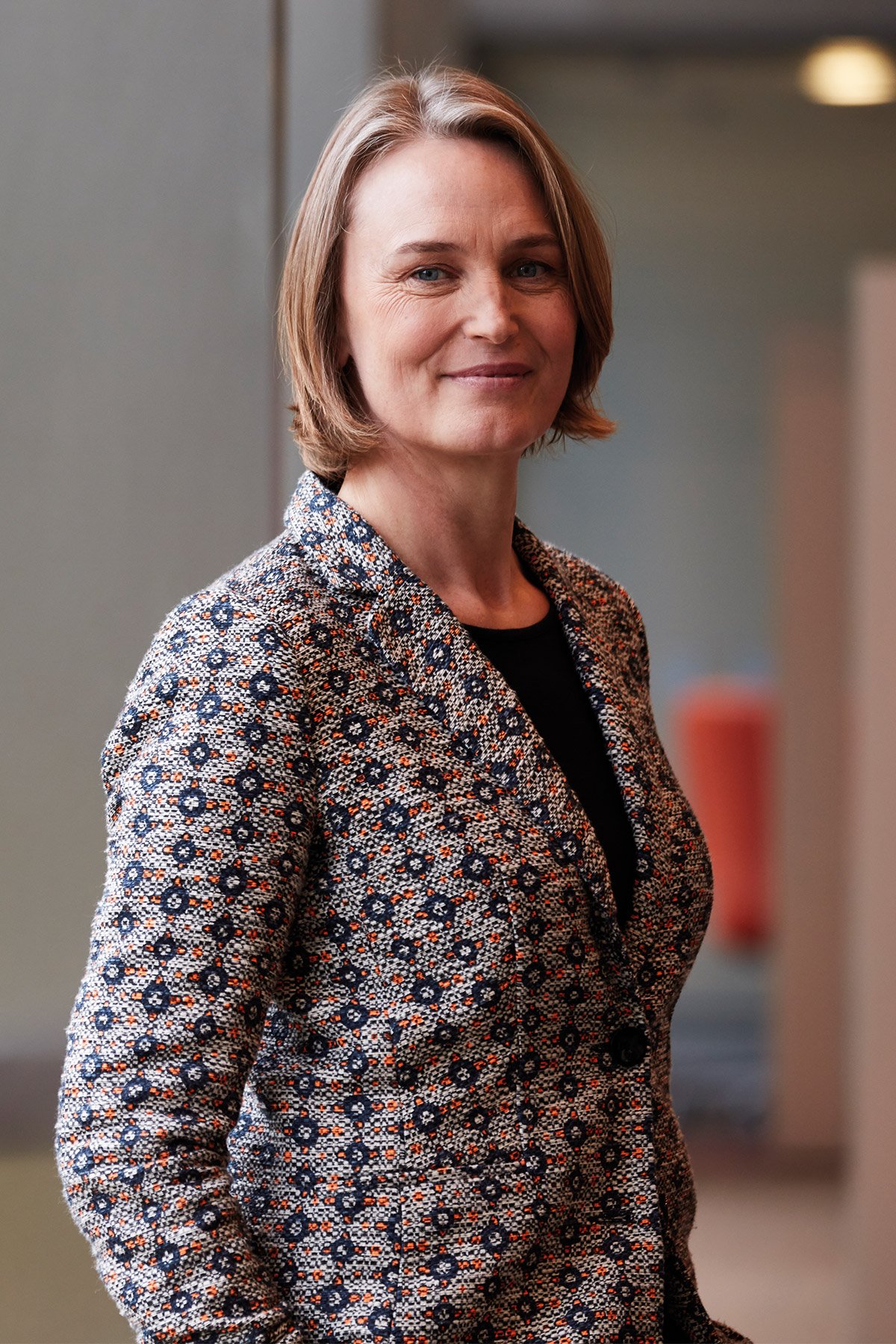
This engagement was sustained throughout the year across a variety of platforms. To inform and inspire students and leaders outside of the school, the Institute:
To engage a broader audience, the Institute published stories on the web that covered topics like balancing profit and purpose, events such as the Technology for Good Workshop and initiatives such as the Run4Change challenge, which raised funds for the global Girl Rising campaign. These stories were promoted on social media to encourage two-way conversation online about INSEAD and business and society.
To engage alumni, partners and the INSEAD community, the Institute worked with Advancement to embed business and society topics into the Alumni Forum and other alumni events, with an aim to empower these leaders to deliver on sustainability.

To show how INSEAD acts on sustainability and aligns with the SDGs, the Institute produced the Sustainability Report for Academic Year 2015/2016 through Academic Year 2017/2018. The report highlights contributions towards sustainability from around the school, includes SDG mapping for these efforts and provides a framework to increase action on sustainability moving forward. The report received certification marks by the Global Reporting Initiative – the world’s most widely adopted global sustainability reporting standards.
To educate and empower INSEAD staff, Social Impact Brown Bag sessions were held to facilitate increased exchange between faculty and staff, while increasing sustainability awareness. These sessions attracted over 200 staff and faculty.
After a year discussing how to deliver value to both business and society, the Institute is now focused on aligning INSEAD with the global goals and showcasing what that means for the future of business education.
In October 2019, the Institute launched #SDGSMART. With the motto ‘It’s time to be #SDGSMART’, the Institute is raising awareness with on-campus outreach, social media and a resources webpage. To give the SDGs more prominence on campus, the Institute is organising SDG Weeks on Europe and Asia Campuses featuring talks, panels and workshops that discuss issues and solutions around the SDGs. The first SDG Week was held in December 2019 and covered four SDGs related to the Earth’s biosphere and how a healthy planet is the foundation for healthy growth. And in January 2020, the Institute goes to Davos again to sponsor the SDG Tent, hosting sessions that echo the World Economic Forum’s 2020 theme, Stakeholders for a Cohesive and Sustainable World.

The Institute is also partnering with the INSEAD Alumni Association to ramp up action with alumni-led Community Impact Challenges. Alumni, students, faculty and staff were first challenged to reduce or eliminate single-use plastic items for a month. This first challenge saw more than 2,000 participants including INSEAD founder Olivier Giscard d’Estaing taking action to make a difference.
Throughout 2020, the Institute will build on what has been learned over the first year, bring together leaders to explore sustainable solutions in line with the SDGs and bridge the gap between business and policy makers.
The foundation is in place for these efforts. Since its inauguration at the Force for Good Conference, the Hoffmann Institute has integrated sustainability across INSEAD and mobilised stakeholders for maximum impact.
As champions of prosperity and positive social and environmental impact, the Hoffmann Institute will continue to engage business leaders, our INSEAD community and the next generation of leaders who come to make business as a force for good.
INSEAD thanks Rosalie and André Hoffmann MBA’90D for the foundational gift that established the Hoffmann Global Institute for Business and Society. Through this patronage and active, continued support, INSEAD is accelerating alignment of business education and global sustainability goals.
In February 2020, INSEAD inaugurates the new San Francisco Hub for Business Innovation, the school’s first learning space in North America. This marks an important milestone in INSEAD history, as the school brings global business insights and perspectives gained from decades of working with international executives and global organisations to North America. In its first year, The San Francisco Hub will offer a tailored selection of executive development programmes relevant to the Americas covering topics such as managing digital transformation, leading across borders and cultures, integrating performance and societal progress and executing on the innovative Blue Ocean Strategy. INSEAD will also hold custom executive education programmes for US and international companies in the San Francisco Hub.
The school’s innovative hub concept is designed as a dynamic destination for making new connections through an extensive calendar of events, organised in collaboration with corporate partners, alumni and visiting faculty.
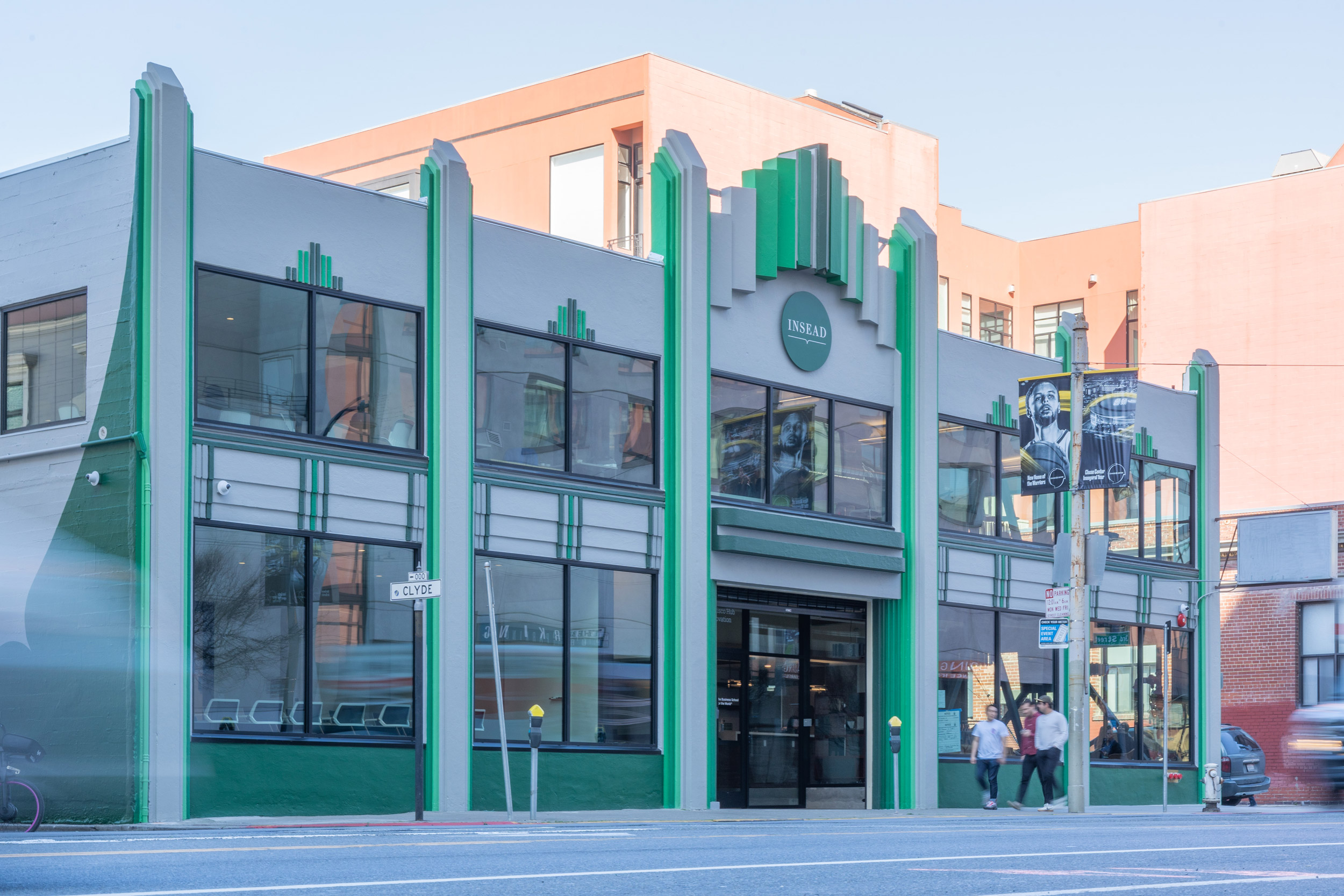
It is fitting that INSEAD open the San Francisco Hub for Business Innovation in the same year that the school celebrates the 60th anniversary of the first MBA classes. When INSEAD welcomed our first class to the Chateau de Fontainebleau, the school was unlike any other business school at the time. International, independent, diverse, close to business and propelled forward by entrepreneurial spirit, INSEAD helped redefine what it meant to do business in Europe.
Over the sixty years that followed, INSEAD has innovated at the cutting edge of global management education, fostering globalisation, encouraging emerging markets and engaging business leaders through knowledge creation. Today’s world is increasingly defined by technology, innovation and a need for sustainability. Business leaders need to rapidly transform their organisations and innovate new business models.
As tech takes over the world, tech leaders need to adapt to the dramatically shifting expectations about the impacts of their products on societies worldwide. By establishing the San Francisco Hub, INSEAD connects our global clients and participants with the Bay Area innovation ecosystem and connects Bay Area enterprises and executives with global thought leaders. This reflects the school’s rich history of recognising the trends that will define the future and enabling business leaders to capitalise on those trends in ways that benefit companies and communities.
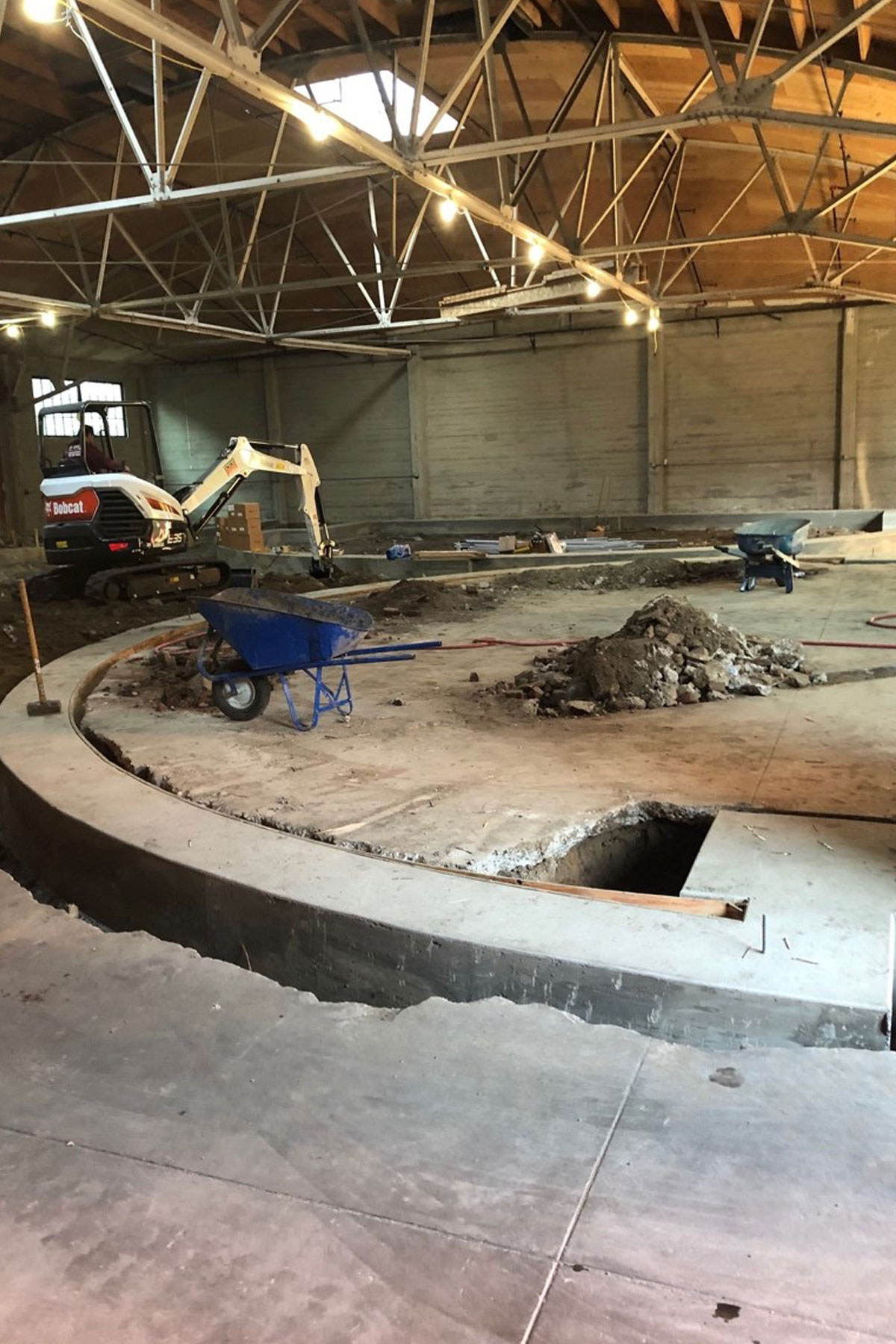
The San Francisco Hub itself is the culmination of almost 20 years of thinking at INSEAD. Early in the 21st century, Dean Gabriel Hawawini advocated for opening a facility in North America. The idea makes sense, as the US is the world’s largest economy with enterprises and entrepreneurs doing business across the globe.
However, the time was not right for INSEAD to come to America. The Asia Campus was in focus, as was expanding the academic offering. Dean Frank Brown took over and embraced the idea as well, even going so far as to open an INSEAD office in New York. This first foray into the American market provided valuable insight. It was clear that if INSEAD were to expand into the US, it had to be with an innovative concept centred on education and engagement.
When Dean Ilian Mihov was appointed, the idea began to take shape in earnest. The global economy was turning to tech, a trend very much in focus at the Business School for the World, especially in Executive Education. Dean Mihov envisioned a centre for Executive Education to meet the needs of our global clients. Several options were explored, but with strong support from the Bay Area’s young, energetic and diverse alumni, the decision was made to go there.
In February 2017, the INSEAD Board of Directors approved the idea of establishing a substantial presence in North America. Faculty approval followed just after. The school began fundraising and secured around US$4 million from an engaged and influential group of alumni who supported INSEAD leadership through this process. This early injection of capital allowed INSEAD to be more ambitious and more impactful in selecting a location and undertaking renovations.
As with any new venture, there were challenges at almost every step. From the decision to expand to the US in the first place to finding the right location, the choices were not easy. Even when the decision was taken to go to the Bay Area, there were many options for siting the facility. There are advantages to finding space in Silicon Valley and the heart of San Francisco.
The decision to site the Hub in the city emerged as a clear winner due to several factors. San Francisco is increasingly a hotbed of innovation and entrepreneurship, with venture capitalists, start-ups and a dynamic new generation of tech leaders in the city. When looking for a facility, INSEAD found a building owner willing to work with the school, even though the building was officially not on the market. The South of Market, or SoMa, neighbourhood is vibrant, with a storied history and new development. The San Francisco Hub is well connected to the entire Bay Area with a nearby CalTrans station and amenities such as hotels, dining and nightlife in the area.
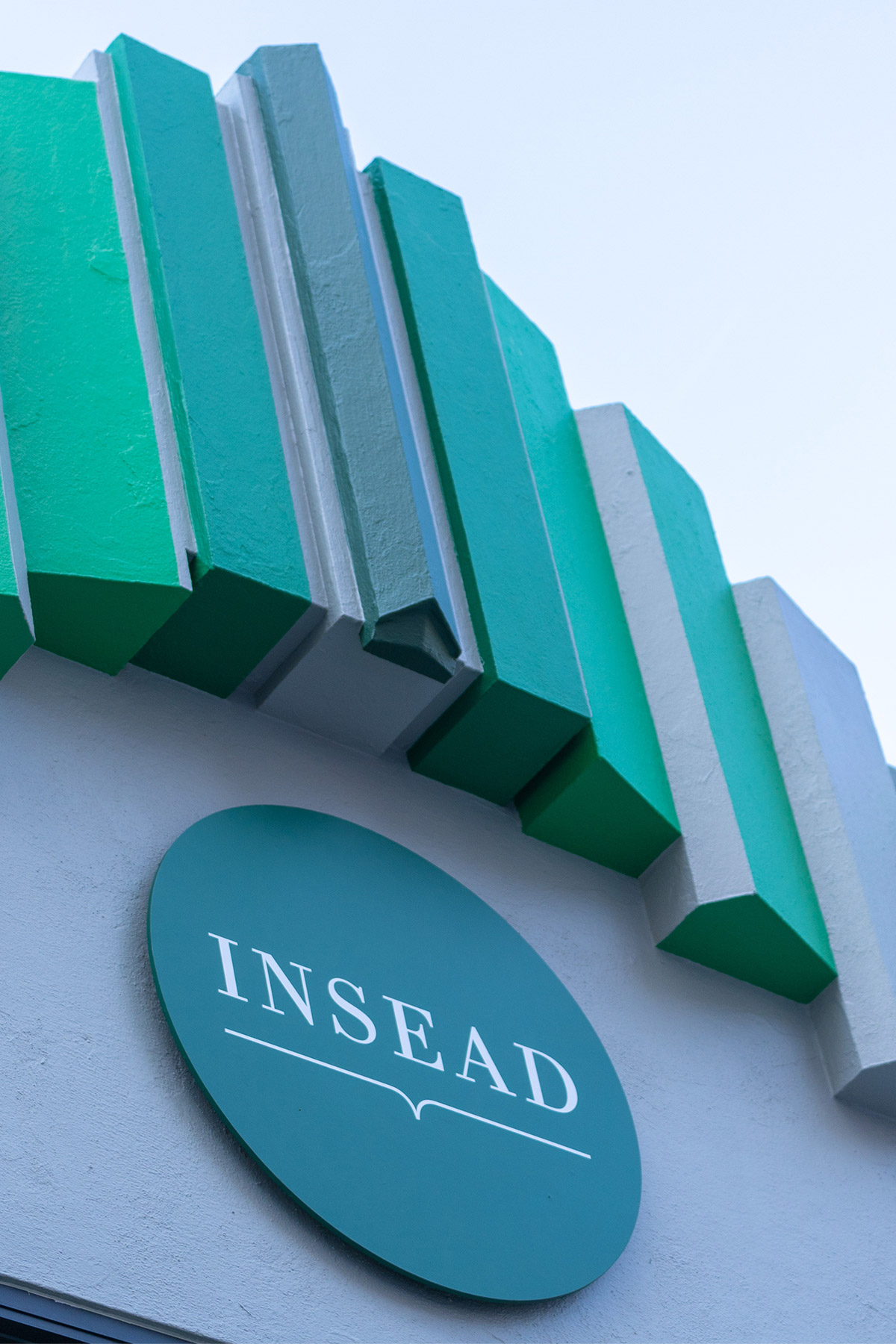
The next challenge is to grow a thriving community around the Hub. Fortunately, even before the facility opens, excitement is high in the INSEAD community in North America and around the world. The inauguration event features high-profile speakers introducing INSEAD to the US and the local San Francisco community.
The first programmes begin soon after, with topics that are relevant to global business and the challenges facing American companies and leaders today. The Hub will host events that bring together INSEAD thought leaders and the community, creating connections and building bridges. It will be a space for innovative research, active learning and bold partnerships.
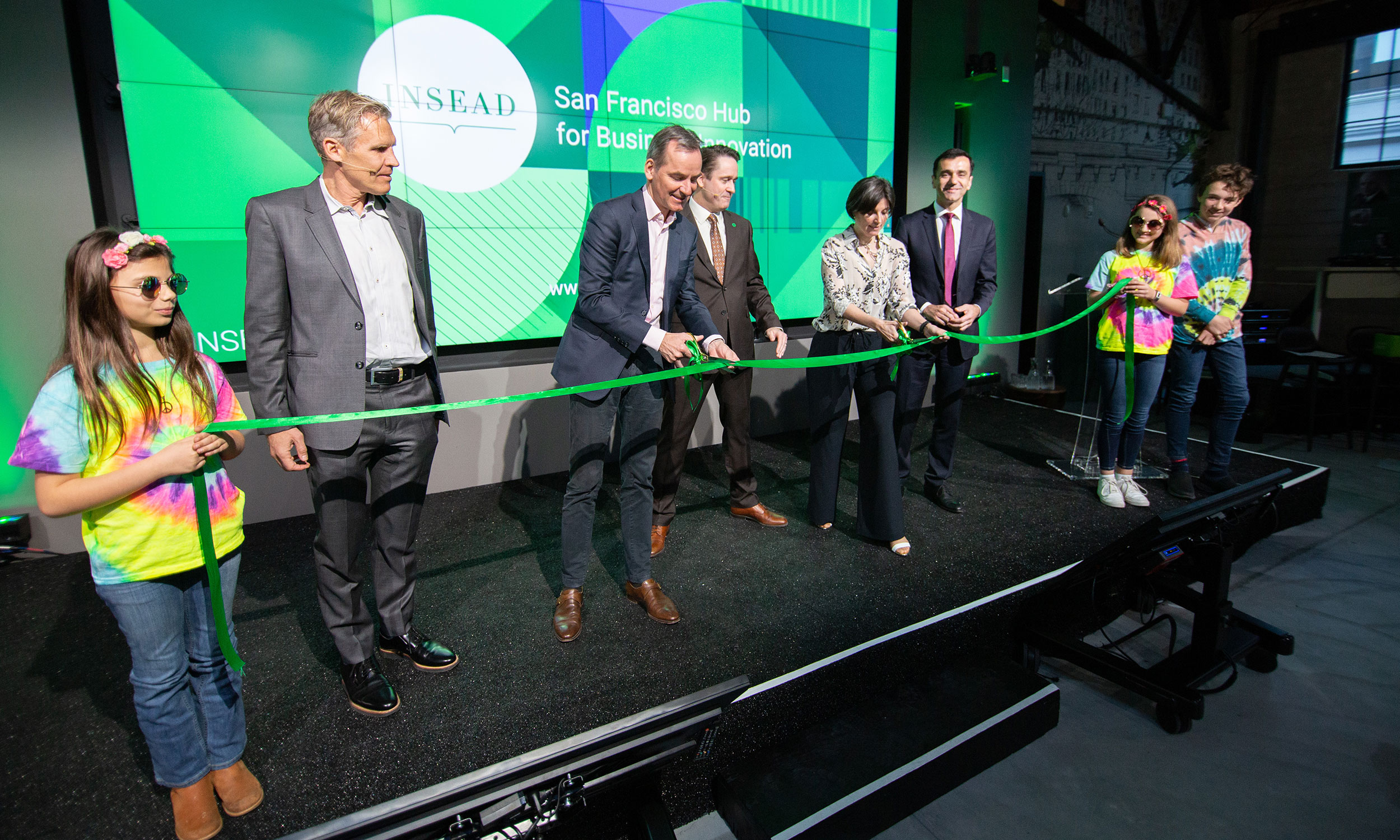
The San Francisco Hub for Business Innovation will bring the truly global INSEAD mindset to America. The Hub has already strengthened INSEAD by opening the door to new perspectives and possibilities, new ways of thinking and doing business.
The school is grateful for the effort that has gone into developing the Hub. Our champions on the Board, on the faculty and staff, and in the alumni community have taken the Hub from concept to construction. They have helped us overcome challenges and build a vibrant venture on the foundation of 60 years of excellence. With the enthusiasm and encouragement of our community, the San Francisco Hub for Business Innovation will be the next chapter in the story of INSEAD success.
Special thanks go to Board members Mika Salmi MBA’92D, Todd Ruppert and Adam Goldstein MBA'88J for their support and dedication throughout the process to open the INSEAD San Francisco Hub.
The February 2020 opening of the INSEAD San Francisco Hub for Business Innovation, INSEAD sent a clear signal – the ‘I’ in INSEAD stands for innovation. Our first facility in North America places innovation at the centre of its programming, a reflection of how INSEAD has embraced creative thinking, emergent technologies and new ideas and approaches that define the digital era.
At the beginning of the academic year, we were delighted to announce that leading authority on the digital age and founder of the Blockchain Research Institute, Don Tapscott, was joining INSEAD as an adjunct professor. Best known for underpinning the Bitcoin cryptocurrency, blockchain’s decentralised security model is revolutionising human transactions, with exciting new applications on the horizon in diverse areas such as “peer-to-peer insurance”, microfinance and natural resource management. Tapscott explains that, “to fully realise blockchain’s potential, we need to make sure business leaders are educated about its strategic implications.”
By May 2019, the collaboration produced an INSEAD-branded programme on the Blockchain Revolution. Available globally on the Coursera online learning platform, the programme continues to receive rave reviews.

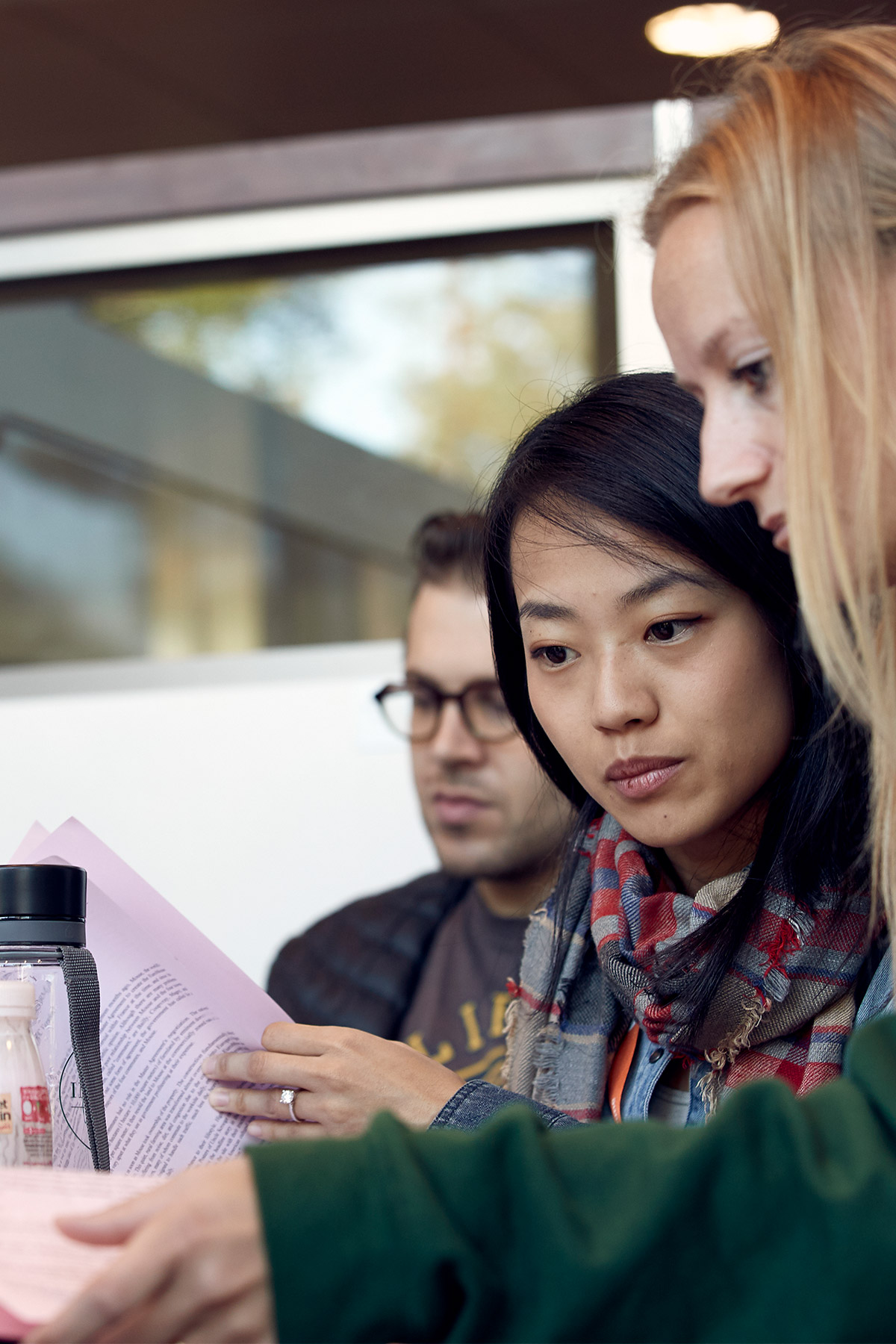
July 2019 brought the much-anticipated announcement of six new alumni start-ups joining the 16 resident ventures at our LaunchPad at STATION F. Located in Paris, STATION F is the world’s largest business-incubation ecosystem. The range of innovations among the new intake shows how tech is improving lives.
New ventures this year include an interactive story technology, an AI platform for real estate agents and a health-insurance service for members of the African diaspora looking to offer the best quality of care to their families back home.
During their six-month residency, the six start-ups have been able to access all the advice and connections of the LaunchPad network, as well as the wider range of STATION F resources.
As they grow from start-ups into scale-ups, these ventures carry on a long tradition of INSEAD-connected entrepreneurship that began as far back as 1946. That year, Georges Doriot co-launched the American Research and Development Corporation to encourage investment in businesses run by ex-servicemen. Doriot earned distinction as “the father of Venture Capital” even before becoming “the founder of INSEAD”.
Following in Doriot’s footsteps, our budding MBA entrepreneurs also had a busy year. The €35,000 first prize winner in the 37th INSEAD Venture Competition in December 2018 was INSEACT, with a business plan to make insect-based fish feed out of recycled palm oil biowaste. This cheaper and more sustainable feed alternative also earned MBA Class of ‘19J alumni Tim van Vliet, Abe Poon, Saby Maity, Jeev Singh and Rymax Joehana the Coromandel Foundation Social Impact Award. It came as no surprise when influential online platform Poets & Quants named the project one of the most disruptive MBA start-ups of 2019.
The INSEAD Summer Start-Up tour – or SSUP 3.0 as this year’s third iteration was known – promises further disruption in years to come. Founded by students in 2017 and supported by the Rudolf and Valeria Maag INSEAD Centre for Entrepreneurship, the Hoffmann Global Institute for Business and Society and Digital@INSEAD, SSUP takes MBA students on a tour or entrepreneurial hotspots during their summer break. This year, four teams of MBAs went on a whirlwind expedition in Europe and Asia, visiting companies in Singapore, Jakarta, Beijing, Shanghai, Shenzhen, London, Amsterdam and Berlin.

Meanwhile in the Middle East, academic year 2018/2019 saw innovative engagement with a regular programme of TechTalks. These talks explore new technologies and their applications, as well as their impact on management, business and society. From the October 2018 “Demystifying AI” on our campus to “Enterprise Transformation with Blockchain” at the Google Campus in Dubai in June 2019, the events brought together business practitioners and thinkers from throughout the region to listen to expert presentations and discuss the implications of emerging and existing tech. The speaker series has been a great success and continues in the current academic year.
Also in the Middle East, the annual Global Business Leaders Conference in February 2019 took as its theme “Innovation as a Force for Good”. Speakers at INSEAD’s flagship regional event discussed how digitisation opens a path to growth that creates new market space and increases the size of the economic pie.
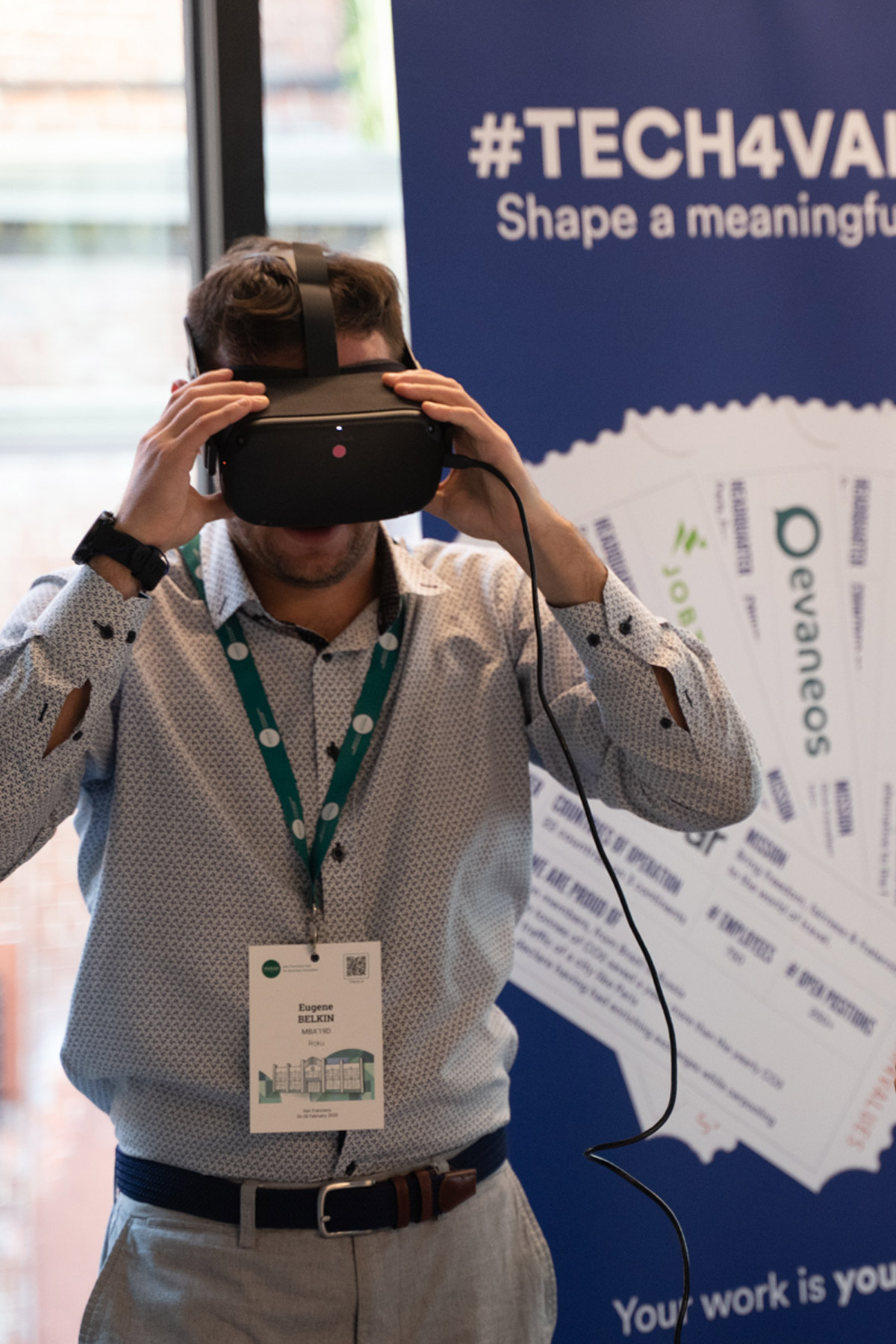
With a strong history of innovation in teaching, this year INSEAD became the first business school in the world to teach case studies through virtual reality. Rather than just reading a case study, students can now experience it using VR headsets in the classroom. According to Associate Professor of Strategy Ithai Stern, who pioneered the immersive technique, “It puts you on a whole different level of observing and remembering – thus improving decision making and making you a better manager.”
The first VR scenarios used by Professor Stern take participants to beachside businesses in Zanzibar and a boardroom torn apart by interpersonal conflict. The reaction so far has been a universal “Wow! I’ll never forget it.”
The use of VR builds on INSEAD’s position at the cutting edge of business education. With Online Programmes now fully integrated into Executive Education, teaching innovations are set to continue. New Executive Education programmes designed to empower leaders to excel in the 21st century include:
The Future of AI – Seizing the Opportunity (in partnership with Singularity University)
Design Thinking and Creativity for Business (online)
Leading Organisations in Disruptive Times (online)
Building Digital Partnership and Ecosystems (online)
The school also now has its first online qualification, the INSEAD Online Certificate: Leading in a Transforming World. With innovation in sharp focus this year, it is worth remembering that INSEAD has always been a trailblazer in terms of teaching and technology. Our very first class offered an IBM-piloted simulation game in their second term – almost 60 years to the day before the publication date of this Annual Report. Back in the 1970s, we were among the first to create computer-based business simulations for use in the classroom.
We are pioneers in global business education, connecting campuses across the world. Long may the tradition of innovation continue!
This strengthens our teaching and brings us closer to business. INSEAD Research reflects our founding value of rigor and relevance, and builds on our entrepreneurial spirit. By developing a deeper understanding of global challenges and solutions, our research asserts INSEAD as the Business School for the World and makes us a force for good.
In this edition of the INSEAD Annual Report, we are pleased to share a few of our leading researchers and the impact of their work.
Professor of Marketing
The Unilever Chaired Professor of Marketing
Academic Director of the INSEAD Emerging Markets Institute
Professor Padmanabhan was instrumental in identifying ways to mitigate the ‘Bullwhip Effect’, a distribution channel phenomenon that distorts vital information along supply chains. The effect was costing industry billions of dollars a year until Padmanabhan – working with Operations, Information and Technology Professors Hau L. Lee and Seungjin Whang from Stanford University – showed how to alleviate the effect with collaboration and information-sharing strategies.
Their paper was named one of the ten most influential papers in the first 50 years of Management Science, influencing development of emerging information systems, enterprise resource planning, the internet of things and the blockchain movement.
Emeritus Professor of Technology and Operations Management
The Henry Ford Chaired Professor of Manufacturing
Director of the INSEAD Humanitarian Research Group
Professor Van Wassenhove was among the leaders in sustainable innovation and opened new areas of Operations Management. Renowned as a pioneer of reverse logistics, his business models for Closed-Loop Supply Chains played a central role in the EU Waste Electrical and Electronic Equipment Directive (WEEE Directive) and underpin concepts at the heart of the Circular Economy.
Van Wassenhove is recognised for single-handedly professionalising the humanitarian sector. His research, performed in collaboration with top aid agencies such as the International Federation of Red Cross and Red Crescent Societies, emphasised the critical role of logistics and supply chain management in humanitarian response. From improving environmental and social impact in relief supply chains to identifying how to deliver medicine into countries like Afghanistan and Sudan, his studies have changed the focus of relief work and generated interest by commercial partners.
Professor of Marketing
The John H. Loudon Chaired Professor of International Management
Professor Anderson’s extensive work gave practical relevance to the economic theories put forward by Nobel Prize winner Oliver Williamson. She adapted the theories of Transaction Cost Economics to real-life challenges and introduced behavioural factors such as trust, mutuality, and intrinsic motivation. Many innovative measures she developed to gauge environmental uncertainty, complexity and customer loyalty are still used today. Anderson also used transaction cost analysis to develop strategies for entering new and foreign markets.
Throughout her career, Anderson encouraged and supported women in academia. Her efforts have been recognised by the American Marketing Association with the launch of the Erin Anderson Award for emerging female marketing scholars and mentors.
Professor of Decision Sciences
The Strategy& Chaired Professor of Revenue Management
Professor Popescu is a pioneer in the field of pricing analytics, the first to research and recognise the powerful impact of human behaviour on consumer decision-making. Her ground-breaking studies examined the effect of emotions such as loyalty, anticipation and regret and introduced the idea that consumers are prone to human decision-making biases and cognitive limitations. These ideas spread and opened up the field of behavioural operations.
Popescu is recognised for integrating the fields of pricing and revenue management and developing tools to better understand demand, calculate optimal prices and allocate capacity. Her findings expanded pricing analytics in hospitality, retail and manufacturing. Popescu also designed the first MBA elective on Dynamic Pricing and Revenue Management, now also taught by Columbia and Stanford business schools.
Professor of Strategy
Chair of the Strategy Area
Professor Szulanski is recognised as a world leading authority on inter-firm transfer of best practice, helping companies realise cost savings and enhance competitiveness. Early in his career, Szulanski’s research showed that the transfer of knowledge was not a single act of communication, as widely perceived, but an intricate process.
He embarked on an in-depth, inter-disciplinary study of more than 120 best practice transfers across eight companies, creating a huge database and uncovering never-before-seen evidence of factors impeding firms from sharing and transferring knowledge. In addition to shedding light on a challenge that confounded firms in multiple sectors, Szulanski introduced a new methodological angle to strategy research, combining a quantitative big data approach with case study analysis.
Professor of Entrepreneurship
The Rudolf and Valeria Maag Chaired Professor in Entrepreneurship
Professor Greve’s counter-intuitive approach to studying managerial challenges led to his discovery that firms do not change because of their performance alone, but because of aspirations as well. This upended prevailing thought in organisational change. His work in this area is now standard reference for scholars studying how organisations learn, innovate and change.
Described as “one of the most remarkable organisational theorists of his generation”, Greve is recognised for rigorous and precise research and his innovative approach to studying organisational challenges. His ground-breaking research has highlighted the role networks play in the search for competitive advantage. He introduced new ideas studying entrepreneurship, forgoing the trend of examining personalities to look closely at the influence of social processes, community structures and mechanisms. His research crosses sectors and geographies with depth and rigour that allows him to draw broad inferences.
Greve is the current editor of Administrative Science Quarterly, a top peer-reviewed business journal.
Visiting Professor of Technology and Operations Management
The Bianca and James Pitt Chair in Environmental Sustainability
Professor Atasu has significantly advanced Circular Economy research by bridging the gap between theory and practice – asking pragmatic questions and building models based on empirical evidence. His work follows two streams:
Atasu was among the first to examine CLSCs through the prism of real-life challenges such as competition and consumer behaviour. He demonstrated how an operational perspective can help companies use CLSCs as a strategic tool. His work with Bosch Tools showed how remanufacturing helps companies maximise profits in a competitive market and benefit from competition. Atasu’s EPR research and modelling were instrumental in passing workable amendments to the EU WEEE Directive and implementing EPR legislation in the US.
Atasu currently serves as president of the Manufacturing and Service Operations Management Society.
INSEAD Research will continue to support our professors as they strive to produce research with high academic and real-world impact. By fostering a vibrant intellectual community, we encourage innovation and strengthen our reputation for excellence.
As befits a global school with campuses on three continents, our launch events were rolled out on three continents early in the academic year – at the Château de Fontainebleau in France on 5 October 2018, at the Gardens by the Bay in Singapore on 10 November 2018 and at the Jumeirah Beach Hotel in Dubai on 24 February 2019. Celebrating our global community’s engagement in the Campaign and the transformative impact of our donors, these events drew hundreds of alumni and friends. Each event was paired with conferences, reunions and forums that brought together a community of thought leaders, business practitioners and government representatives.
The surge of support for the Campaign has raised the collected amount to 74% of the total goal of €250 million. The number of donors has swelled to more than 13,500 and continues to rise even as this Report goes to publication.
The INSEAD founding mission of developing leaders who transform business and society is the source of this Campaign’s inspiration. It sets out to elevate our capacities and empower INSEAD to be a force for change in a world of unprecedented business, social and environmental challenges. The three themes of Values, Vision and Ventures highlight areas where donors can make an impact – from diversity scholarships and academic excellence to new facilities for future learning.
The Campaign’s goal has inspired votes of confidence from thousands of alumni as well as corporations, foundations and friends. Their generous support since the inception of the Campaign in 2013 has had a tremendous impact on INSEAD and, through it, the wider world.

We are extremely grateful to all donors and the volunteers who have shaped the Campaign’s success story thus far. The school is particularly thankful to the now 39-strong Campaign Board chaired by Rémy Best MBA’93D and the INSEAD Alumni Fund Board chaired by Emma Goltz MBA’98J.
The end of academic year 2018/2019 and the threshold of a new decade, provides a great vantage point to get a glimpse of what the Campaign has achieved in the six years from its nascent beginnings.
It is impressive to see how donors have helped to transform entire areas of the school. We are proud to share just a few examples of where their support has made a great change.
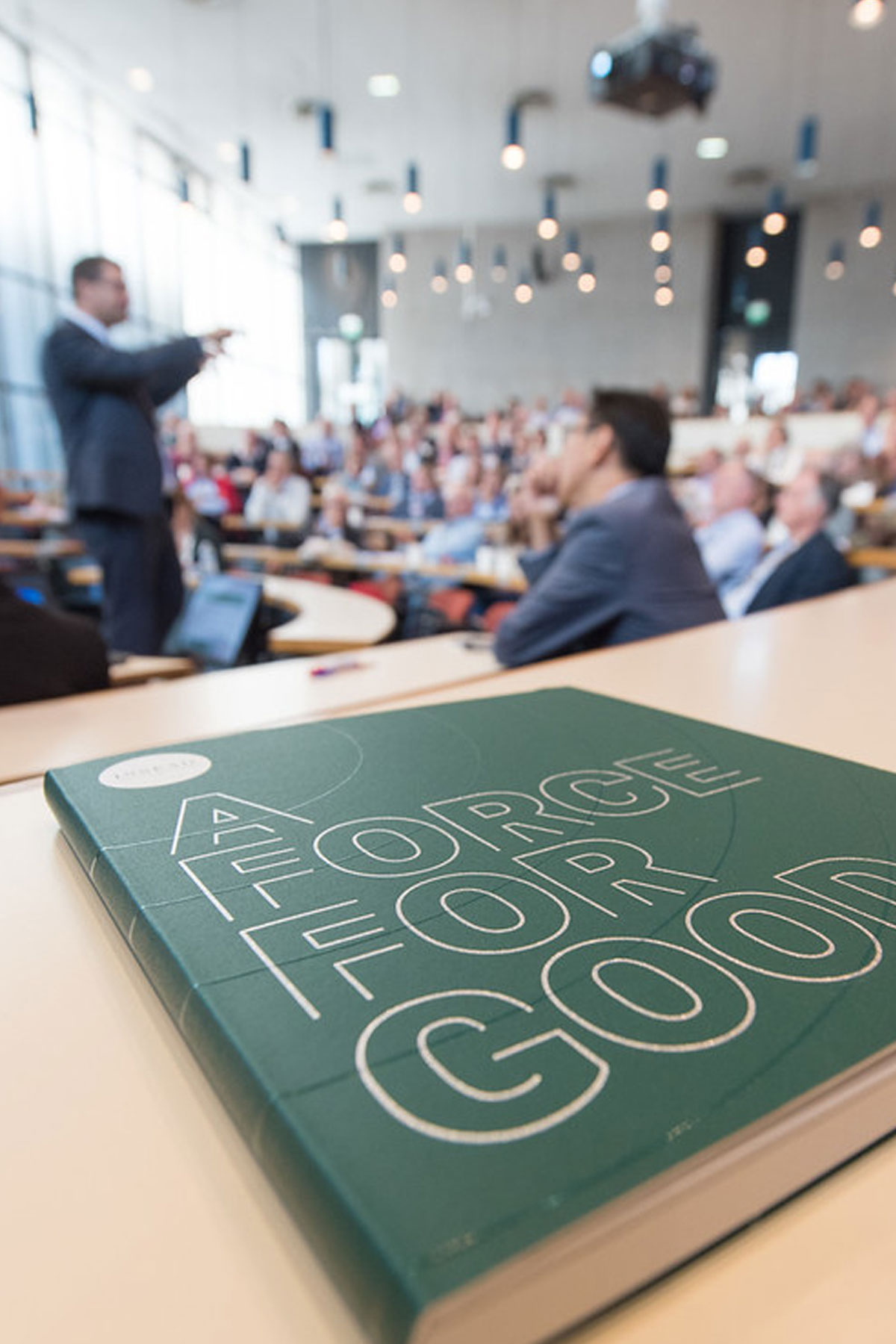
Donor generosity has raised our endowment, INSEAD’s financial foundation, from €174 million in 2013/2014 to €255 million this year.
Leadership gifts to academic excellence – of the highest value to the school – have enabled seven new chairs and six professorships and fellowships in a range of subjects. Establishing these positions of distinction are extremely important to recognise and encourage our faculty.
Thanks to the generosity of a key patron, the area of Entrepreneurship received a powerful boost. The creation of a Chair, Professorship, Postdoc Fellowship and PhD scholarships is greatly enhancing our academic excellence in the area.
A milestone gift from Rosalie and Andre Hoffmann MBA’90D to establish the Hoffmann Global Institute for Business and Society is a special landmark in the development of the school and our ambition to be a true force for good. At a time when businesses are seeking new models and insights to incorporate social needs into their business goals, the Hoffmann Institute is supporting the school’s response by catalysing studies in subjects such as sustainable operations, strategies, social impact, healthcare, inequality and ethics. The Institute supports new curriculum elements and research, while ensuring that the school is a model for engaging on key topics and walking the talk. The Institute is at the forefront of aligning INSEAD with the UN Sustainable Development Goals.
The generosity of James and Cathleen Stone, long-time friends of the school, led to the creation of The James M. and Cathleen D. Stone Centre for the Study of Wealth Inequality and the Chair in Wealth Inequality. These developments have been instrumental in advancing research and teaching on income and wealth inequality issues, recognised as one of the most critical challenges of our day.
Leadership gifts from donors have established research funds that are allowing our faculty to advance studies in Decision Making and Risk Analysis, Entrepreneurship, Gender Balance and Business and Society.
Scholarships not only change individual lives, they are vital to the school’s competitive strength by attracting top talents and its diversity. Alumni and friends have helped INSEAD strengthen our scholarship offering both in number of students receiving the awards and amounts awarded. The average scholarship amount rose from €12,400 in 2013 to €18,800 in 2019 and the number of scholarship recipients rose from 233 in 2013 to 306 in 2019.
Donor generosity has been vital in opening the INSEAD San Francisco Hub for Business Innovation. A first for the school, this Hub will be a landmark in our journey as The Business School for the World. This premier facility will open a new world of opportunities for our community to collaborate and engage with a dynamic ecosystem of innovators, entrepreneurs and leaders.
Increasing support for the Dean’s Fund/Greatest Need has helped the school to remain agile and seize new opportunities. Gifts to the Fund have been instrumental to our innovating in research, strengthening scholarships and developing facilities.
Alongside these tangible developments, the Campaign is playing another huge role. It is bringing together and galvanising our remarkable community to support and partner with the school in building a powerful force for good in the world.
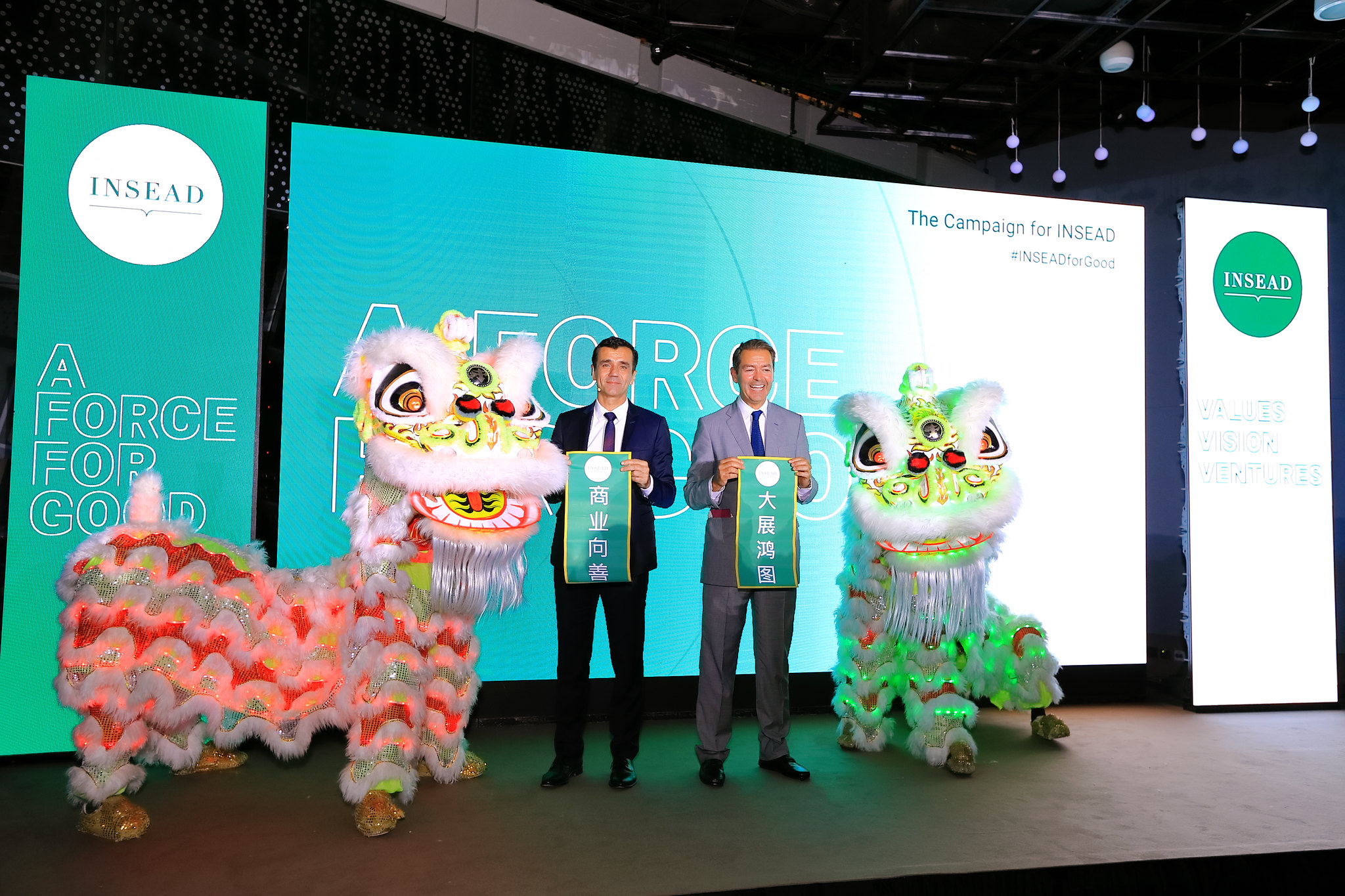
We thank everyone who has supported The Campaign for INSEAD: A Force for Good and look forward to engaging with our community into the future.
At the time, it was almost unheard of for a business school to be international, independent, diverse, close to business and propelled forward by entrepreneurial spirit. These were the principles INSEAD was founded on and remain the values that guide the institution to this day.
In academic year 2018/2019, INSEAD prepared to celebrate the anniversary by focusing on our founding values and seeking ways to connect the current generation of students and participants with our storied history. Anniversaries at INSEAD are moments to celebrate, share major milestones and shine a light on the personalities that propelled INSEAD into the upper echelon of business schools. This celebration kicked off on Global INSEAD Day, held every 12 September to commemorate the meeting of the first MBA class, and will go through September 2020.
As part of this celebration, we are pleased to share our founding values, the story of the man who had the vision and how we honour his legacy today and into the future.
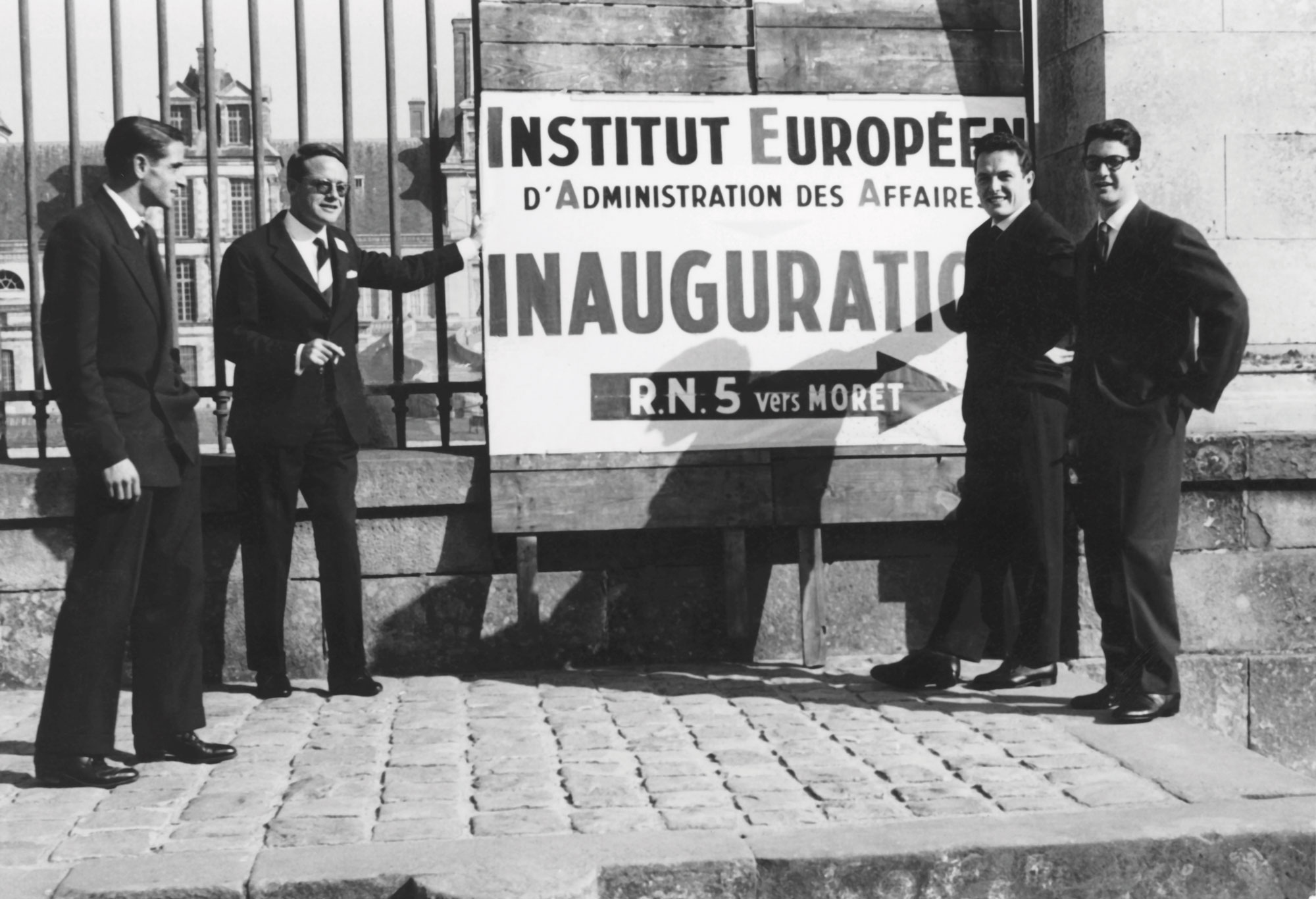
INSEAD has always been a values-driven organisation. From the beginning, Georges Doriot envisioned management education 'from a moral perspective.' Today, this moral perspective is fundamental to who we are and represented in our values and our mission to develop responsible leaders who transform business and society.
Over the years there have been challenges, but our commitment to our values has never wavered. These values are rooted deeply in our DNA.

INSEAD has held a core principle of no dominant culture since the first classes met in 1959. The first class graduated with 52 students from 14 countries, a blueprint for diversity over the years. Today’s classes feature around 1,000 students representing over 90 nationalities, the most diverse MBA programme in the world by far.

Freedom from financial, philosophical or intellectual influence was essential in establishing INSEAD as the world’s first pan-European business school. Educational independence allowed us to open the Asia Campus in Singapore in 2000 and the Middle East Campus in Abu Dhabi in 2010. Current expansion into North America is the latest expression of our independence.
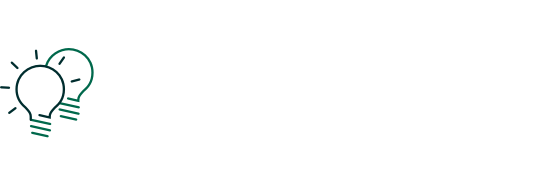
A seminal choice at INSEAD was to finance operations through business, reflecting founder Georges Doriot’s intention that “the school remain a bastion of defence for free enterprise.” INSEAD has a history of innovation that supports this goal. Today, the spirit of entrepreneurship is seen in our ventures and our teaching and research.
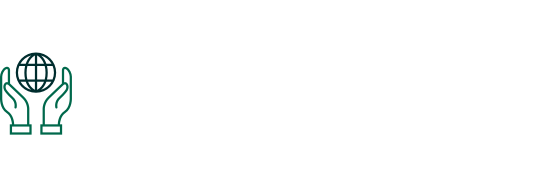
Early on, participants paid tuition at a time when fee-based education was virtually unheard of in Europe and the school received critical sponsorships from European and American companies. The results of being close to business for six decades are clear – we deliver relevant research, partner to develop award-winning cases and educate thousands of executives each year.

Originally, INSEAD had a singular, compelling idea championed by remarkable founders. Early participants and faculty believed in the vision, and knew academic excellence was the key to achieve those goals. Those transformed by the INSEAD experience commend the excellence of an INSEAD education and hold an enduring sense of community.
The founders of INSEAD envisioned an institution that would promote peace and prosperity. As a place where people study together and build business, the school offered an international perspective that stimulated economic growth and cooperation in Europe. INSEAD was built on the belief that business can be a force for good.
The architect of this vision was Georges Doriot, a brilliant business mind. Admitted to Harvard Business School, or HBS, in 1920, Doriot was the first Frenchman to attend and later became an HBS professor. He quickly realised that Europe, and his home country of France, lacked business schools of comparable stature to HBS.
Establishing INSEAD began with a partnership between Doriot and the Paris Chamber of Commerce in 1930. With the support of HBS, they opened a programme based on the case teaching method targeted at working executives. It was a success.

In the years that followed, Doriot grew into a consummate academic and one of the most memorable professors at HBS. And then in 1942, the US entered World War II and Doriot joined the army. He contributed to the war by serving as director of military planning and deputy director of research and development, solving complex logistic problems and making sure the troops had supplies needed to meet the challenges they faced. By the end of the war, Doriot had attained the rank of Brigadier General and the nickname The General.
By the mid-1950s, Doriot had pitched his idea of a business school in France to the Paris Chamber of Commerce and they agreed to the school in principle. The vision was clear – a one-year programme, pan-European student recruitment, multilingual teaching and business education ‘from a moral point of view’.
In July 1957, the Paris Chamber of Commerce formally voted to provide five years of seed funding for L’Institut Européen d'Administration des Affaires. This established INSEAD and brought the Doriot vision to life. The school would profoundly influence the shape and structure of European business in the critical decades after the war.

In advance of the Global INSEAD Day that kicked off our 60th anniversary year, different groups across the school prepared to celebrate the occasion. Our founding values were displayed on campus along with highlights of milestone moments to give students a strong sense of the INSEAD identity. We engaged our community to provide pictures and stories from their time at INSEAD. And we published a history book and website to ensure that the INSEAD story is captured now and into the future.
It is a story of 60 years of excellence. We encourage everyone to go to 60.insead.edu to learn more about the history of the school and how we have fostered an unparalleled community of business leaders.
While a lot has changed in the 60 years since INSEAD opened its doors on 12 September 1959, we have always upheld our founding vision. We continue to honour the legacy of Georges Doriot.
As the world becomes more connected, this vision and the values that guide the school and our community are proving to be durable and delivering better outcomes for business and society. Together, we are a force for good. It’s in our DNA.

As we celebrate 60 years of excellence, we recognize everyone who contributed to our success over the years. Special thanks go to founders Claude Janssen and Olivier Giscard d’Estaing, both of whom remain an inspiration for the school.